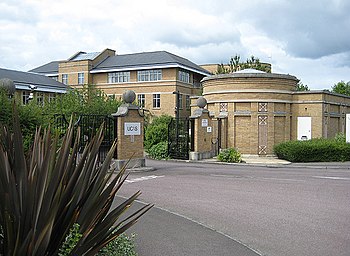 |
| UCAS - the organisation which is responsible for managing more than 2 million applications to higher education courses in the UK. (Photo credit: Wikipedia) |
UCAS, citing the results of a survey it conducted, said that schools were still undecided about which courses to offer from September, when the changes begin. In addition, it stated that some pupils may be put at a disadvantage by the changes, in particular the proposed decoupling of the A-Level from the AS.
Some universities have already expressed grave concerns about this aspect to the change. Last month we reported that Cambridge University had written to schools to ask them to continue teaching the AS, which will become optional. Amid the confusion, the changes to maths and further maths have already been delayed until 2017.
The Department for Education say that the decoupling is intended to allow students to study a subject more deeply for two years, without being distracted by exams halfway through.
Universities make offers before final grades are published. One of their objections is that, without an AS result to look at, it will be more difficult to target offers at the right candidates.
In addition, the universities will be faced with candidates presenting complex combinations of results, with the introduction of the new system being staggered over three years in the various subjects.
Many pupils benefit from the AS-Level as a staging post to the A-Level, because it provides them with a confidence boost, especially those who had not gained top results at GCSE.
UCAS warned that the confusion caused by these changes will not be over until 2020.
The chief executive of UCAS, Mary Curnock Cook, said that the picture will be complicated further by the fact that pupils from different parts of the UK will be sitting exams with the same names (A-Level, AS-Level and GCSE), but with different structures and grading procedures.
Labour has committed itself to reversing the decoupling plans, but as we reported in our previous article, any reversal would be fraught with difficulty.